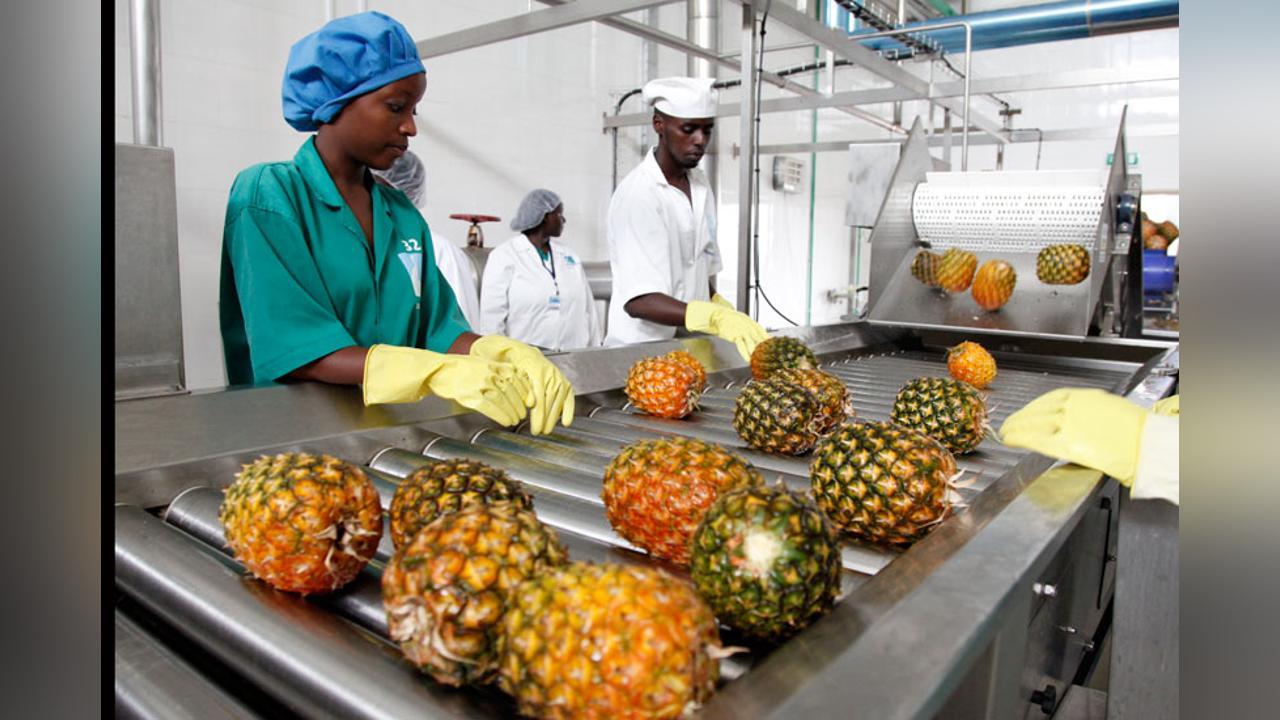Africa-Press – Gambia. Twiga Foods, one of Kenya’s leading e-commerce startups, is halting its Nairobi operations for two months as part of what the company describes as the “final stage” of its ongoing business overhaul.
This decision follows months of restructuring, acquisitions, and staff layoffs aimed at reducing costs and shifting towards a more efficient, data-driven distribution strategy. In a statement released on Thursday, Twiga explained that this operational break would allow the company to move from its current distribution hub at Tatu City in Kiambu County, where it has been negotiating a new lease, to a more strategically located facility closer to Nairobi.
The company is currently evaluating options in Baba Dogo, Mombasa Road, and Syokimau, as confirmed by Twiga to TechCabal.
This pause in Nairobi operations highlights the growing pressure from investors and market realities, pushing the company to adjust its supply chain model. Following the acquisition of local distributors Jumra, Sojpar, and Raisons, Twiga now oversees eight distribution centres across Central, Coast, and Western Kenya, but it is avoiding additional infrastructure investments in the capital.
The shift represents a move towards a more asset-light model, focusing on centralising operations and leveraging technology to optimise inventory management, reduce transportation costs, and better serve small retailers.
Despite raising over $180 million in funding across several rounds, Twiga’s business model has struggled to scale effectively in the Kenyan market, according to three former employees who spoke with TechCabal. These employees, who requested anonymity, shared that Twiga was slow to pivot from its capital-intensive model to a more tech-driven approach that focuses on facilitating connections between farmers, suppliers, and vendors, rather than managing logistics and inventory directly.
“We were burning money trying to do everything—farming, warehousing, and deliveries,” one former employee noted.
On May 16, the company confirmed to TechCabal that it was realigning its operations to better address changing market demands. In Kenya’s B2B food distribution sector, success depends on a network of regional hubs and last-mile delivery systems that can reach thousands of small retailers in both urban and rural areas.
Managing this complex supply chain requires careful balancing of inventory, transportation costs, and timely deliveries—challenges that Twiga aims to address through centralising key functions and adopting more data-driven operations. The company still asserts its commitment to this approach, promising that better technology and data will improve efficiency and help keep prices lower.
Twiga’s initial model, which involved managing the entire food distribution process from farmers to urban retailers, was based on the belief that controlling the supply chain would provide a competitive edge. However, according to two other former employees, this strong conviction delayed necessary strategic shifts until 2025.
An insider with direct knowledge of Twiga’s operations told TechCabal that ongoing losses were primarily caused by mismanagement in logistics and supply chain functions. These issues have gradually impacted the company’s performance, leading to significant job cuts in these areas.
“The supply chain department was mismanaged, and it cost Twiga a lot of money,” the insider stated, although they did not disclose the exact amount Twiga was losing monthly.
However, the repeated layoffs have revealed a disconnect between Twiga’s initial promises and its current reality. By cutting hundreds of supply chain roles, the company undermines its earlier vision of building a robust, tech-powered distribution system. This raises questions about how much of this work will now be outsourced to third-party partners instead of handled by Twiga’s internal teams.
In a statement to TechCabal, Twiga confirmed that its internal reorganisation would result in the loss of several roles, primarily within the supply chain department. This aligns with the details in a leaked Project Easter document, which Twiga has not disputed, showing that supply chain positions would be the hardest hit.
Twiga’s most recent major funding round was a $35 million convertible note in 2023. Sources close to the company suggest that investors have been urging for greater financial discipline and tighter cost management. With the Nairobi operational pause, Twiga hopes to consolidate its infrastructure, enhance its technological capabilities, and regain stability to remain competitive in Kenya’s retail market.
For More News And Analysis About Gambia Follow Africa-Press






